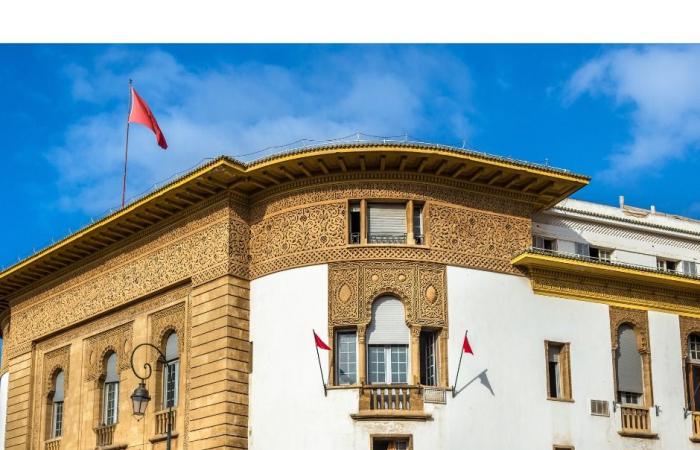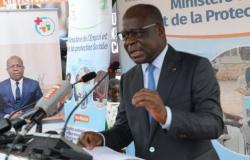During this meeting, he first examined and approved the annual report on the economic, monetary and financial situation of the country as well as on the activities of the Bank under
financial year 2023. He subsequently analyzed the evolution of the national and international situation, as well as the medium-term macroeconomic projections of Bank Al-Maghrib.
At the international level, the Council noted the relative resilience of economic activity and the decline in inflationary pressures which should continue, although at a slower pace than expected.
last March. However, these prospects remain surrounded by a high level of uncertainty, particularly linked to the persistence of geopolitical tensions and conflicts in Ukraine and the Middle East.
At the internal level, the annual national accounts published by the HCP for 2023 indicate, compared to quarterly data relating to the same year, a faster pace of non-agricultural activities as well as a clear improvement in household consumption. Taking into account the available sub-annual indicators, this information suggests a relatively higher trajectory for non-agricultural growth which should be supported in the medium term particularly by the expected momentum from public and private investment.
Regarding domestic inflation, after rates of 6.6% in 2022 and 6.1% in 2023, it has returned to low rates in recent months, mainly driven by the easing of original pressures. external and the fall in the prices of food products at volatile prices. Taking into account these achievements and the resumption of the decompensation process, it should end the current year
on an average rate of 1.5% and rising to 2.7% in 2025. Its underlying component, which reflects the fundamental price trend, stood at 2.1% on average over the first five months of the year and should remain close to this level by the end of 2025.
The Council also took note of the good anchoring of inflation expectations as revealed by Bank Al-Maghrib’s quarterly survey of financial sector experts.
These recorded a significant decline, falling in the second quarter of the year to 2.7% for the 8-quarter horizon and to 2.8% for the 12-quarter horizon.
As for the transmission of previous monetary policy decisions to financial conditions, bank lending rates remained almost stable for the second consecutive quarter, their
cumulative increase between the start of monetary tightening in September 2022 and the first quarter of 2024, thus standing at 116 bp. The rise in rates affected businesses more than
individuals and was less significant for SMEs than for large companies.
On the basis of all of these considerations, the Council judged that the calibrated tightening of monetary policy, the regular monitoring of the transmission of its decisions, as well as the measures implemented
put in place by the Government to support the purchasing power of households and certain economic activities have enabled very notable progress in terms of the return of inflation to levels in line with the objective of price stability and preservation of post-covid recovery of economic activity. Under these conditions, and after having kept the key rate unchanged for four consecutive meetings, it decided to reduce it by 25 basis points to 2.75%.






